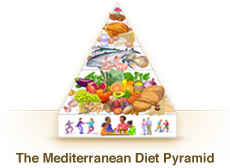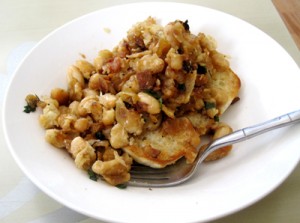The Surprise Journey Of Learning About Our Food Supply
The recent outbreak of salmonella poisoning causing 500 million eggs to be recalled have people wondering about our food supply. There are two excellent resources that reveal the truth about why these outbreaks occur. They are the movie, Food Inc., and the book, Animal Factory. These two resources document the harmful affect of modern practices in two key areas, cost and safety. While many are vaguely aware of the dangers of factory farming few know the real details that cause nationwide problems.
Cost
Most people know the corn industry in the US is subsidized but don’t know what that means. The subsidies actually allow the industry to sell corn for less than the price of production and still make a profit. Because corn is used in one form or another in almost all fast foods, processed foods, and feed for animals it allows those industries to go to market at a greatly reduced price. Also the large factory farms receive the lion’s share of subsidies because the subsidies are based on production and not need. This creates the illusion that locally grown organic produce from small farms is expensive, where as the truth is that in the latter case the price is based on having to cover actual costs not subsidized costs.
Safety
Factory farms require very large capital investments to buy the machinery to process large quantities of animals in a small space. This requires animals to live in their own filth. This not only encourages the outbreak of disease and it also encourages the disease to spread very quickly because the animals are packed so closely together. To lessen this tendency factory farms feed the animals massive amounts of antibiotics. This in turn creates resistant strains of bacteria that enter into the general population. In contrast, small farms cannot afford the initial capital investment to allow this kind of farming. It is actually less expensive for the small farmer to use grass fed free range farming techniques thus eliminating all the causes of disease the large factory farms are subject to. The end product is more expensive but again it is because real costs must be covered not subsidized costs.
Small is Beautiful
In 1910 English philosopher, G.K. Chesterton, coined the phrase ‘small is beautiful.’ A popular phrase in the 1960’s was ‘the solution to pollution is dilution.’ We recognize that over concentration is harmful in many aspects of life. In industry it leads to monopolies. We are all told to diversify our portfolio to protect our savings. The list goes on and on but we aren’t told to diversify our food supply. Why don’t the same principles apply? Diversity is practically synonymous with health. A collection of small farms has diversity built into its DNA. It may be more expensive but it is because we are paying for healthier, tastier food and healthier farm land that will be here for generations. Educating ourselves about our food supply might just save our lives.
Find out more from SlowFoodUSA







